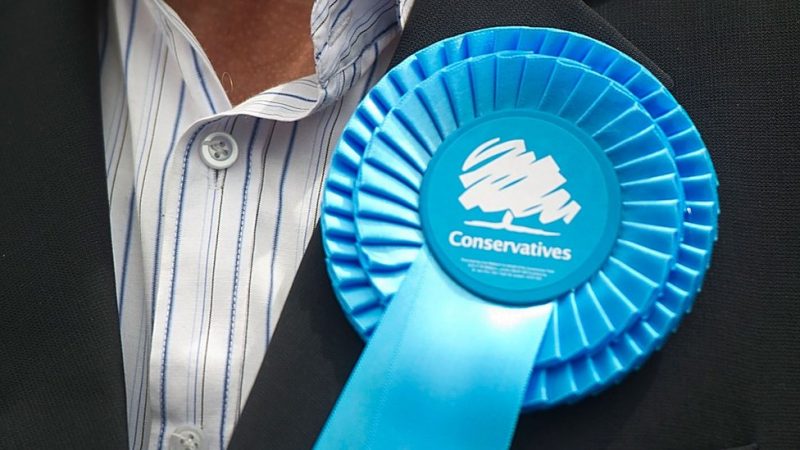The stakes couldn’t be higher, we don’t know their names, or exactly how many of them there are but they will choose our next leader.

At a time of national crisis, with the country facing a climate emergency, soaring inflation and a cost of living crisis, our future direction will be determined by an incredibly narrow group of society, one that is largely unrepresentative of most of us.
Tory party members, whose exact number remains a mystery (something we will come on to later) will get to choose who replaces Boris Johnson.
The stakes couldn’t be higher, we don’t know their names, or exactly how many of them there are but they will choose our next leader.
How many of them exactly are there?
We don’t know the precise number and until recently even the Tory party itself knew very little about its membership. Unlike other parties who are open about how many members they have, it was only when Theresa May was party leader that the Conservatives decided to centralise their membership lists. As the New Statesman highlighted, this led to: “Great uproar from the grassroots who sensed a power grab. Before, membership lists were held by each local association.
“Associations were expected to pay a fee to Conservative Campaign Headquarters for each member, leading some to keep a number of their members off the books to avoid paying up. As a result, the party did not even know how many members it had, let alone who they were.”
Estimates of the total membership have varied from 160,000 to 180,000.
The lack of clarity on this issue raises an interesting question. If not even the Tory party itself knows the exact number of members how does it hope to ensure a fair and transparent contest?
Where do they live?
The party is once more tight-lipped about where its membership is largely based, however the Independent has reported that based on data from Economic and Social Research Council’s Party Members Project, most of the membership resides in London and the South East.
It reported: “A full 56 per cent of Tory members live in London and the south east. Just 18 per cent live in the Midlands, 20 per cent in the north of England and 6 per cent in Scotland.”
So much for a mission to ‘level up the rest of the country’.
Is there a minimum age to be a Tory member and vote?
Unlike in general elections, those as young as 15 years old are eligible to vote in the Tory party leadership contest. They can join the party at 15 and enjoy full voting rights.
Interesting given that the Tory party manifesto of 2019 refused to extend voting rights to 16 and 17-year-olds in general elections, but if they’re a member of the Tory party they can vote to choose the next prime minister. How does that make sense?
Loophole ‘allows non-British citizens to vote for next PM’
A loophole in Tory Party membership rules means that non-British citizens can vote in Tory leadership elections, thereby determining who the next prime minister will be, while those living in the UK but are not members of the party have no such say.
Members of Conservatives Abroad, the party’s global network of members and supporters living overseas, states on its website: “Membership of Conservatives Abroad is open to all who live abroad and pledge support for the UK Conservative Party. You do not have to be a voter or a UK citizen.”
It adds: “You do not have to be eligible to vote in the UK to join the Conservative Party or Conservatives Abroad.”
Alex Andreou tweeted that he had success using the loophole. He tweeted in July: “Just tried this with my Greek details and it works. Massive, dangerous loophole. Hilariously ironic, for a party wrapped in flags and faux patriotism, to give random people with a fiver abroad, more say in who gets to be PM, than actual UK voters.”
With such a loophole, not having a firm grasp on its own party membership lists, and not knowing much at all about its members, how do the Tory party intend to ensure a fair and transparent leadership election which will have an impact on the rest of us at a time of a national crisis?
Basit Mahmood is editor of Left Foot Forward
To reach hundreds of thousands of new readers we need to grow our donor base substantially.
That's why in 2024, we are seeking to generate 150 additional regular donors to support Left Foot Forward's work.
We still need another 117 people to donate to hit the target. You can help. Donate today.



